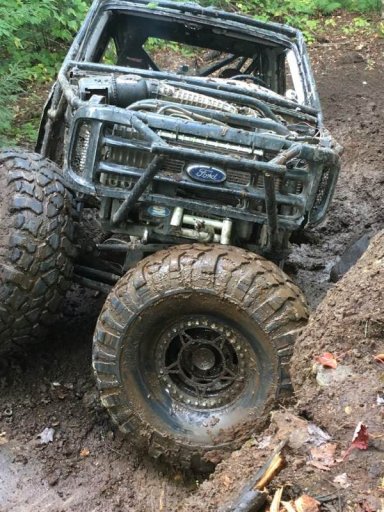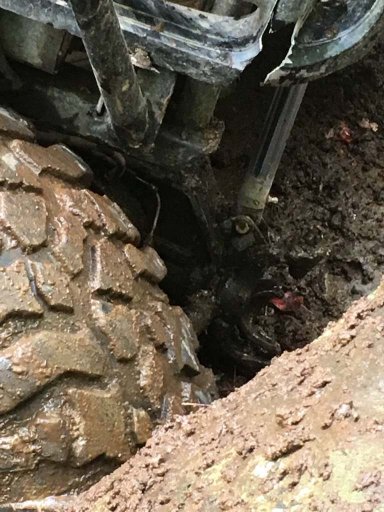If you are talking about new vehicles, the other vehicle that checks all your boxes is the Colorado/Canyon. I've not got experience with the Ranger personally, but I will share that the Colorado/Canyon is pretty fantastic. I take mine down ATV trails and its honestly like a little mountain goat. It's been incredibly reliable and, as a platform, actually has been proven going back to 2012; the short version is that the Twins were developed by GM and Isuzu together, and they've been sold in the Australian market as the Holden Colorado and Isuzu DMax since 2012.They were brought to North America in 2015/2016, and since then have seen pretty significant success with minimal reliability concerns (no more than other brands). There are obviously differences between the Holden, the Isuzu, and the NA-spec Canyons and Colorados, but they have all proven to be very effective touring rigs, great off road, and fun to drive -- I refer to mine as a "sports truck", it's zippy and fun and handles in a way that is very un-Truck like, and in this case it's a good thing.
Honestly, the Tacoma, Ranger, and Canyons/Colorados seem pretty similar in terms of what they do, and how they do it -- IFS front, beam axle rear, decent 4x4 systems, and factory rear lockers are an option for all of them. The Taco will be a bit light on payload compared to the others, but the options packages influence this and they are all within a few hundred pounds of each other (still, that few hundred pounds might matter for your application). The reliability of these trucks is pretty close -- when it comes to the individual vehicle, it doesn't matter what brand you own. Some Tacomas are lemons, but MOST are not. Some Fords are lemons, but again MOST are not. Sure, if you buy Toyota, you may have slightly less of a chance of getting a lemon as compared to the Ford, but at the end of the day, there's always a "lemon chance", and it's always relatively low across all brands. But if your truck is a lemon, the last thing that matters is the badge on the grille.
One more suggestion for you to consider - Nissan has just released the new Frontier, which fits into the same category as the above IFS trucks but it is an 'all new model', and some folks don't like year-one vehicles as they have yet to sort out the kinks.
The only outlier in this segment is the Jeep Gladiator, because it has solid beam axles front and rear, but otherwise it's pretty similar (payload, power, etc.) as the others. And, my Canyon has gone everywhere my Jeep did, so unless you have a personally compelling reason to need solid axles over IFS, I would lump the Gladiator in together with the rest and pick the one you prefer the most. Most mid-size trucks are very similar in terms of capacity and capability, and most will do what you need, but you might have strong opinions on interiors which can be radically different (but also totally subjective) across the segment so I'd shop around.
If you weren't using the vehicle for hauling, or if you were comfortable using a trailer to haul, you can broaden your list to wagons (Jeep Wranglers, Ford Broncos, etc.) which will check a lot of your boxes, but it seems like the need for hauling would suggest a need for a mid-sized truck; if I'm mistaken I can give you info on other rigs to check out.






